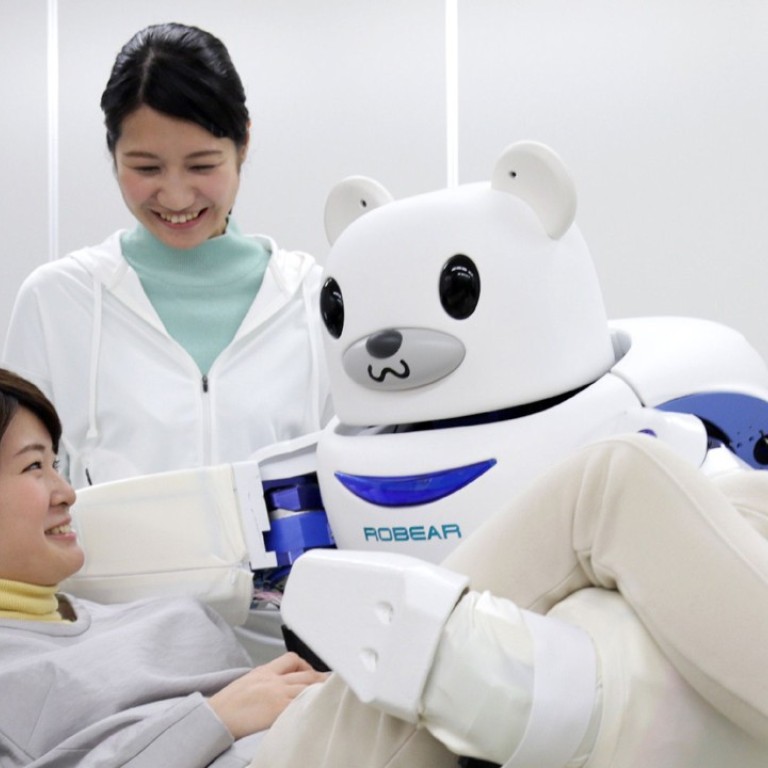Advertisement
Advertisement

Can Hong Kong hold its own against the robot revolution in jobs?
I am writing in response to the July 22 letter from Jacky Tsoi (“Why there’s no need to fear AI: people just need to adapt”).
The use of artificial intelligence is expanding exponentially, as it becomes ever more efficient in the 21st century. From winning chess competitions with humans, to acting as servers at restaurants, as hotel receptionists, and as companions for the elderly, it has taken on ever more sophisticated roles. It is helping scientists discover new planets, or new viruses, and crunching data better than any human. And along the way, it is taking over jobs, rendering humans redundant.
Remember Wall-E, the 2008 movie? Specialised AI and robots doing different tasks are not so hard to imagine. But there are also fears that if humans trust AI too much, the robots might refuse to listen to commands and actually control them back.
Watch: Hong Kong-developed robot speaks to the South China Morning Post
But even if that scenario is dismissed as fantastical, the influence of AI on job opportunities cannot be denied. Because AI is a kind of computer, it is just smarter than humans in some respects, and better suited to dangerous jobs. Human resources being replaced with AI is an inevitable trend. So will upskilling be adequate defence? It will get difficult for a large number of people to find jobs in the future. In Hong Kong, more than a quarter of the workforce will be vulnerable to automation. Would that be a good thing?
It is important for governments and people to think twice before convincing themselves that AI will bring more pros than cons. Innovation and technology development strategies must be formulated carefully to survive the shocks of the robot revolution.
Jordan Chan, Tseung Kwan O

Post
